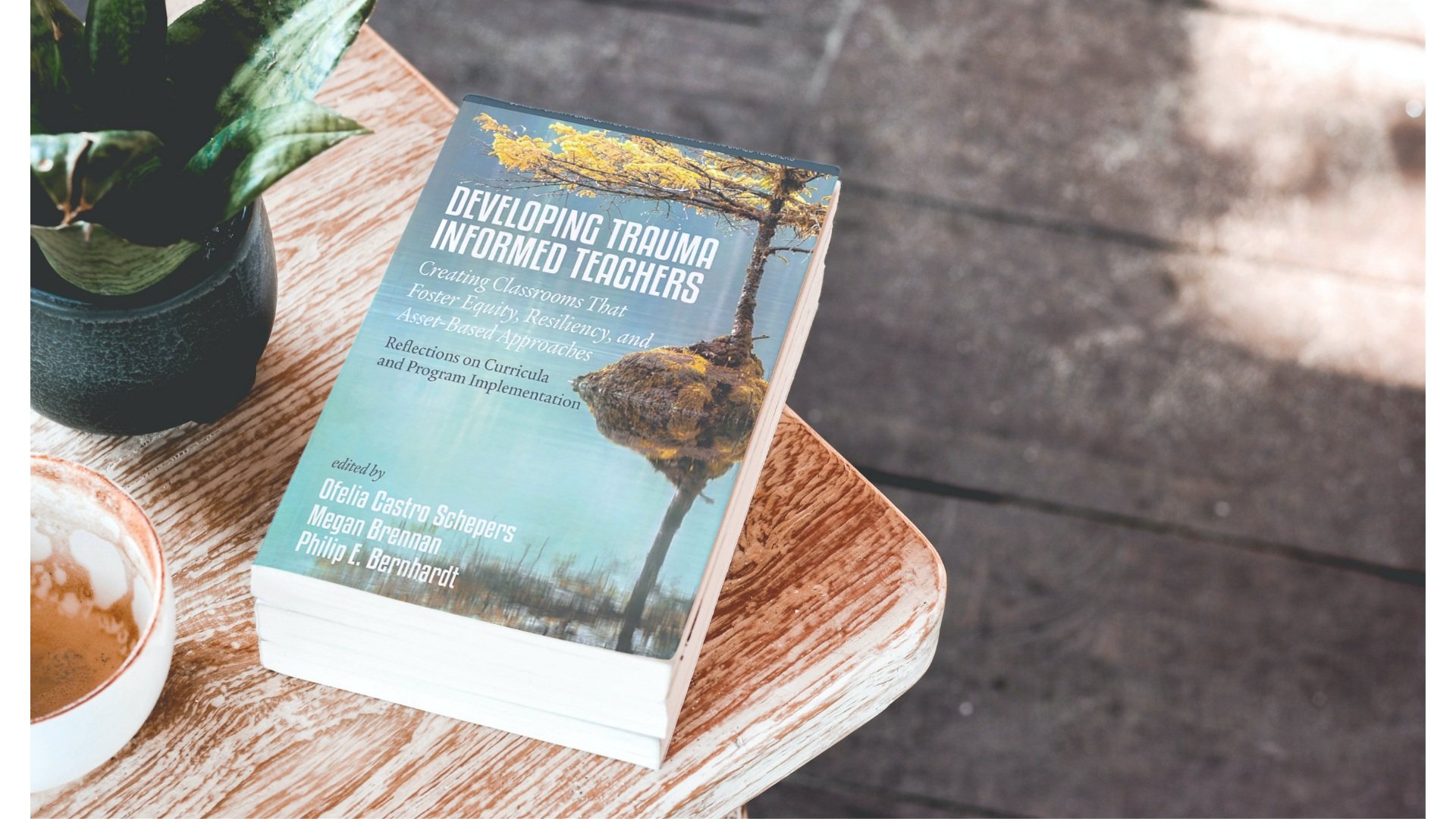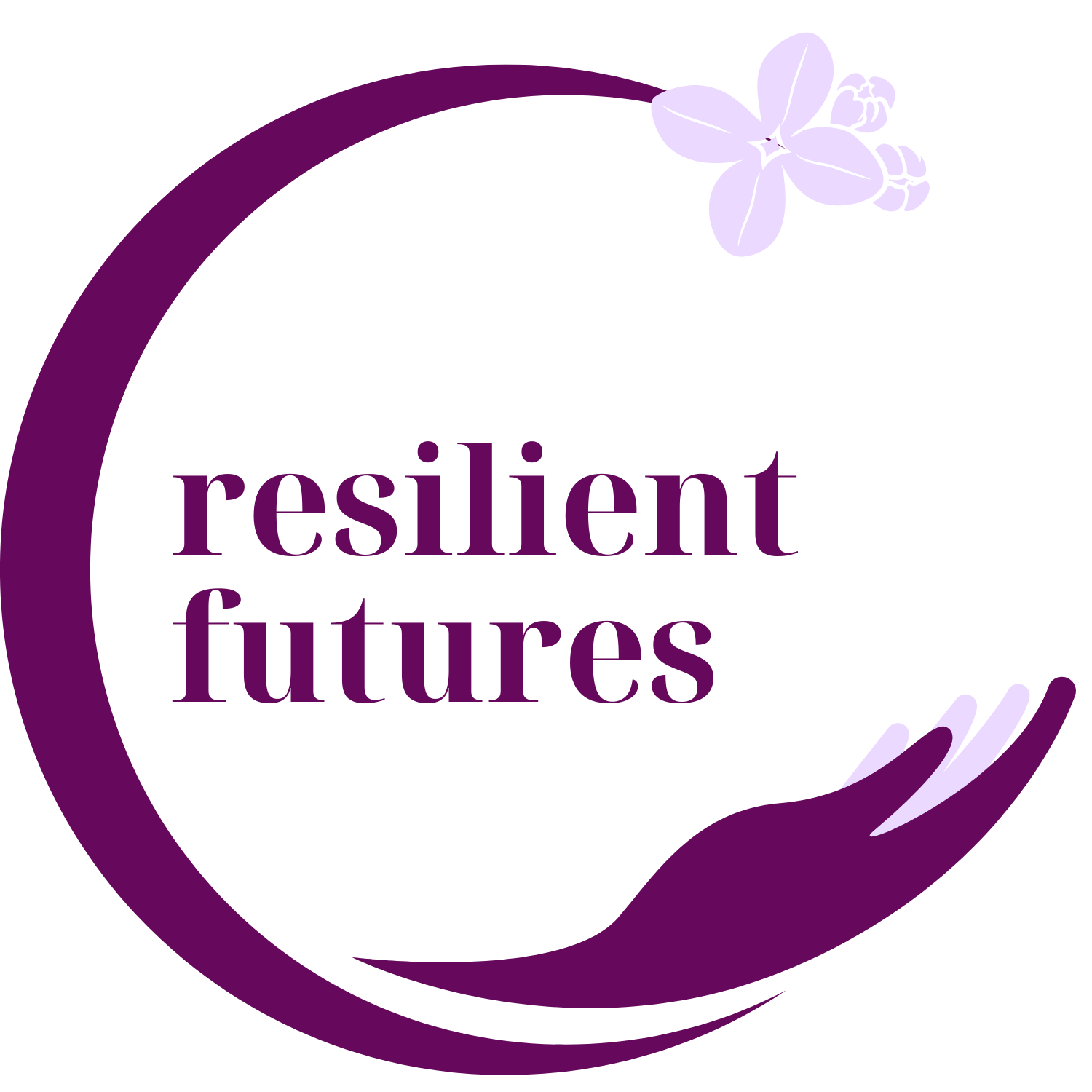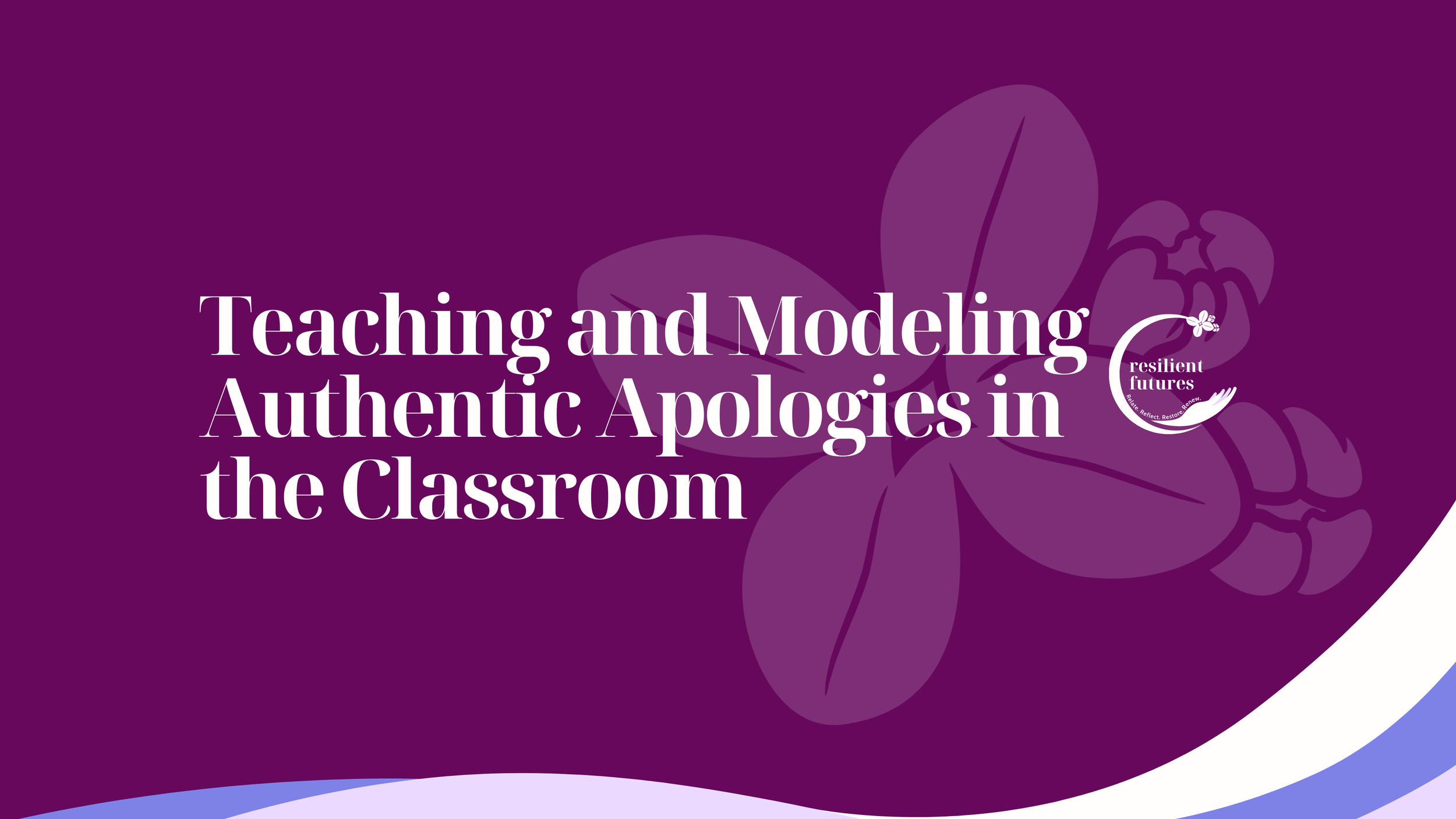
The Essential Role of Educators of Color in Empowering Students
Educators of color play a vital role in creating trauma-informed, equity-centered classrooms where all students feel seen, valued, and empowered. Their presence not only improves academic outcomes but also fosters cultural humility, belonging, and identity safety. Here we explore the transformative impact of representation in education, and why it matters now more than ever.
April is Child Abuse Prevention Month: Understanding and Preventing Child Abuse
April is National Child Abuse Prevention Month. A time to raise awareness, recognize the signs of abuse, and take action to protect children. This article explores how trauma-informed practices in schools and youth-serving environments can help prevent abuse before it starts. Learn the warning signs, understand cultural and generational nuances, and access resources to support children and families in need.
Supporting Grieving Students: A Guide for Educators and School Leaders
Grief is a complex experience that impacts students in many ways, from personal loss to school and community trauma. Trauma-informed practices help educators create emotionally safe environments where grieving students feel supported, understood, and empowered. By fostering stability, connection, and compassion, schools play a vital role in helping students navigate loss and build resilience.
Navigating the Educational Landscape: Experiences of Children in Foster Care
Children in foster care face significant educational challenges due to frequent relocations, instability, and trauma, leading to lower graduation rates and higher disciplinary actions. Here we explore how trauma-informed teaching can provide a crucial counterbalance by fostering stability, trust, and emotional connection, particularly for foster youth who may not experience reliable adult support elsewhere. By implementing trauma-informed practices, educators can create safe, inclusive learning environments that not only support foster youth but benefit all students facing adversity.
Teaching and Modeling Authentic Apologies in the Classroom
Authentic apologies help children develop emotional intelligence, resilience, and trust in relationships. When an educator acknowledges a mistake and offers a genuine apology, it models humility, accountability, and the value of repair. More importantly, it reinforces a fundamental truth: Children are worthy of real apologies. Learn more and download our FREE Apology Reflection Worksheet for your class.
The Power of Micro-Moments: Small Actions That Build Trust in the Classroom
Trust in the classroom isn’t built through grand gestures. Instead, it’s cultivated through micro-moments: the small, everyday actions that show students they are seen, valued, and supported. This article explores the neuroscience behind trust, real-life examples across grade levels, and practical strategies to embed micro-moments into daily teaching. By embracing these small but powerful interactions, educators can create transformative learning environments where all students feel a deep sense of belonging.
Navigating Student Conflict through Trauma-Informed Restorative Practices
Navigating conflicts in the classroom is a critical skill for educators, especially when working with students who have experienced trauma. Trauma-informed approaches help create a sense of safety, trust, and empowerment, ensuring that conflicts—whether between students, between students and teachers, or within peer groups—become opportunities for growth rather than sources of fear or disengagement.
Breaking the Cycle: How Trauma-Informed Teaching Supports Generational Healing
Trauma isn’t confined to one generation—it echoes through families, shaping emotions, behaviors, and opportunities. In schools, trauma-informed teaching helps disrupt these cycles, fostering healing and resilience. By creating supportive environments, educators empower students with the tools to build trust, regulate emotions, and succeed. Read on to explore how trauma-informed practices create lasting change in classrooms and communities.
The Power of Play-Based Learning: A Trauma-Informed Approach to Engaging Young Learners
Play-based learning is a powerful tool for fostering creativity, social-emotional growth, and engagement in the classroom. This article explores movement-based, group, sensory, imaginative, and role-playing activities that help students develop communication, empathy, and problem-solving skills. By integrating play into learning, educators can create trauma-informed environments that support diverse learning styles, enhance brain development, and build strong classroom communities.
The Essential Role of Paraprofessionals in Trauma-Informed Classrooms
Paraprofessionals play a vital role in under-resourced schools, providing academic, emotional, and physical support to students. Beyond assisting teachers, they build trust, help regulate student emotions, and recognize trauma-related stress responses. By accommodating diverse learning styles, paraprofessionals help all students engage meaningfully with their curriculum. As liaisons between students, teachers, and families, they foster communication and advocacy, making schools more inclusive and supportive.
Talking to Kids About Hard Things: A Trauma-Informed Guide for Teachers and Caregivers
For generations, adults could more easily shield children from the hardest parts of the world. Difficult conversations—about grief, violence, discrimination, world events, or personal struggles—were often delayed until children were “old enough” to understand. But in today’s fast-moving, hyper-connected world, young people are exposed to tough topics earlier than ever before. This guide offers strategies and prompts for teachers and caregivers to help discuss hard, challenging topics with an intention to connect through honesty, humility, and validation.
Building Confidence and Self-Worth in the Classroom: A Trauma-Informed Guide
Building students’ confidence and self-worth in the classroom requires intentional language, inclusive practices, and trauma-informed support. Teachers play a crucial role in fostering a sense of belonging by acknowledging each student’s unique background, celebrating cultural identity, and providing opportunities for growth through academics, peer connections, and extracurricular activities. By creating a safe, affirming environment, educators empower students to develop resilience, embrace their strengths, and navigate challenges with confidence.

Developing Trauma-Informed Teachers
An Educational Book Series from Resilient Futures
[July 2022] Co-edited by Resilient Futures founder Megan Brennan, this volume of the series Contemporary Perspectives on Developing Trauma-Informed Teachers provides reflections, examples, and implementation guidance for the innovative and important ways educators develop and implement trauma-informed practices across their programs, instituting broader curricular shifts to incorporate trauma-informed practices.
[January 2023] Co-edited by Resilient Futures founder Megan Brennan, this volume of the series was driven by a deep desire to ensure that teacher candidates are thoughtfully prepared to more fully address students’ needs and create classroom environments that are safe for students and teachers.
Childhood Trauma:
An event(s) that a child finds overwhelmingly distressing or emotionally painful, often resulting in lasting mental and physical effects.
Many think of trauma as a single life-changing event, but more commonly trauma manifests as a series of events or patterns of abusive or neglectful behaviors that compound over time.
Understanding Childhood Trauma
In the Press

Give to further our Mission
More than ever, our schools and youth-serving communities are in need of trauma-informed education, training, and resources. Your tax-deductible gift will directly fund our program expansion efforts, enabling us to provide trauma-informed training and resources to a greater number of educators, schools, and youth-serving organizations.
Interested in learning more about our Trauma-Informed Futures© Programming & Services?














